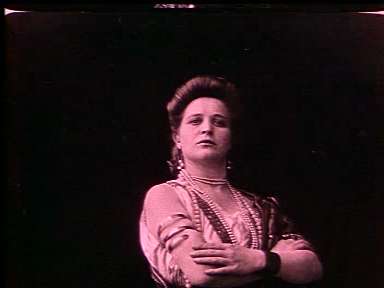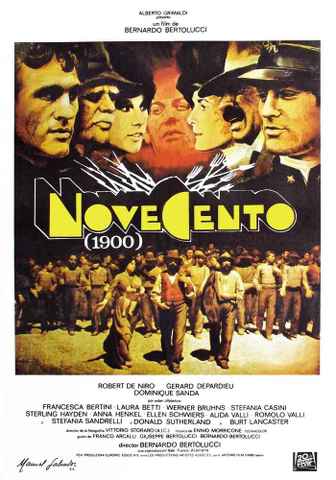

Quote:
In 1943, Hitler orders the final destruction of the Yugoslav Partisans. The Partisans begin a trek northward to the relative safety of the Bosnian Mountains – their goal is to cross the treacherous Neretva gorge over one remaining bridge. Along the way, they battle German tanks, Italian infantry, Chetnik Cavalry, strafing airplanes, disease and natural elements.
Yugoslav director Bulajic is telling his story from all points of view, but his sympathies lie with the Partisans. The film has pro-Communist leanings, and tells several interwoven stories stressing the importance of comradeship in wartime. There are many important characters: Yul Brynner (“Morituri”) as crack demolition expert Vlado; Sergei Bondarchuk (director of “Waterloo”) as short-tempered artillery officer Martin; Franco Nero (“The Mercenary”) as an Italian Captain with no faith in Fascism; Hardy Kruger (“A Bridge too Far”) as Colonel Kranzer, who fights with dedication which begins to dwindle as he realizes the bitter reality that the partisans are a formidable enemy; Ljubisa Samardzic (“Battle of the Eagles”) and Sylva Koscina (“Hornets’ Nest”) are brother-and-sister, and Koscina is to marry Ivan (Lojze Rozman) after the war; the list goes on and on, and although every character is significant, it’s impossible to list them all. There’s an interesting twist, too: the legendary Orson Welles plays a Chetnik Senator who battles for concessions with General Lohring (the great Curd Jurgens), a commited Nazi officer who is determined the wipe out the Partisans once and for all.Read More »









